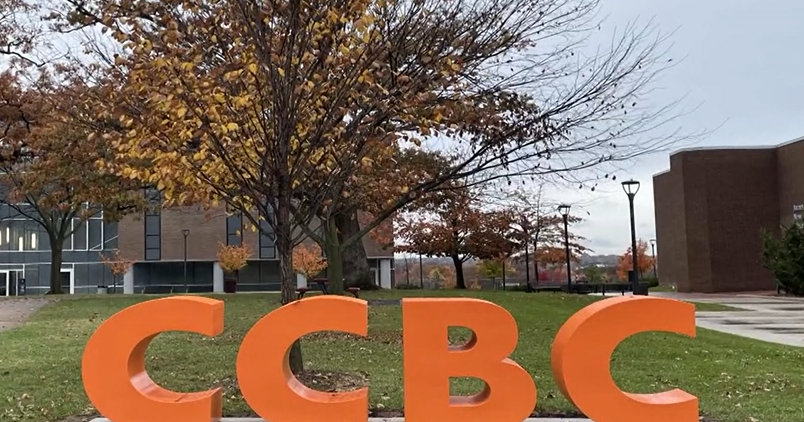Ask An Expert: Tips On The College Search
Most students are excited about the idea of going off to college, but choosing which school to go to can be a daunting task. With more than 4,000 post secondary institutions in the U.S. and a myriad of universities abroad, it's difficult to know where to begin. To get you started on your quest in finding the right university, Jennifer Kincaid, director of college counseling at Greenhill School, has some tips that will point you in the right direction.
Greenhill School
4141 Spring Valley Road
Addison, TX 75001
(972) 628-5523
www.greenhill.org
For five years Jennifer Kincaid has been helping students navigate the college selection and application process at Greenhill School, one of the top pre K-12 private schools in the metroplex. Kincaid says that at Greenhill, the approach to college guidance is individualized and customized to fit the student. Greenhill's students matriculate to a wide variety of high-ranking colleges and universities, both in the U.S. and abroad. Kincaid acknowledges that the search process can be stressful, but if you go through the process thoughtfully and with an open mind, you will ensure the best options for your future. Here are five tips that will prepare you for a great college search experience.
Think carefully about what you want to gain from your college experience, advises Kincaid. What academic subjects are most interesting to you, and what is your learning style? Do you prefer lecture classes or do you enjoy engaging with your peers as you are learning? Perhaps you learn best in a hands-on atmosphere, such as in a laboratory setting or in "real world" applications. Are there certain activities that you want your college to offer? Once you begin to understand what you are looking for in a college, you will be better prepared to ask specific questions about how each college may fit your needs.
Research different types of institutions to see what fits you best. Make some comparisons. Which is a better match; a large research university or a smaller undergraduate-focused college? An urban campus or a more rural one? Perhaps you would prefer a college with a more focused curriculum such as an art or engineering school rather than one with a broader academic experience. Also consider attending college in a different part or the country or abroad. Many universities abroad are more affordable than those in the U.S. Keep an open mind and don't follow your assumptions. You may be surprised to discover that some liberal arts colleges offer science research opportunities or that rural campuses have an active student life.
There are many free resources available to research colleges. The National Association for College Admission Counseling provides a wealth of information on its website, as well as offers free college fairs around the country, including one on April 6 at the Irving Convention Center. There will be colleges from all over the U.S., as well as a few from abroad, conducting workshops on a variety of topics, ranging from researching colleges and the admissions process to financial aid and making the most out of your college experience. Guidebooks are another valuable resource. Other great planning resources include the ACT and the College Board websites.
Related: Best ACT & SAT Prep In DFW
Don't let a particular university's sticker price scare you off if it seems like a good choice for you. Many high-tuition schools have large financial aid budgets. And every college website offers a net price calculator for estimating whether you may qualify for financial aid. Colleges that award federal aid will require the FAFSA (Free Application for Federal Student Aid) and many will request an additional form such as the CSS Profile. Even if you have to use estimates on the forms, be sure to file everything by the college's deadline as often financial aid is given to the first who apply for it.
Applying to a range of colleges will ensure more exciting options to consider. Identify three colleges at each range of selectivity to which you plan to apply: reach, possible and likely. "Likely" schools should be the foundation of your list. Choose schools that you would be happy to attend and would perhaps be places where you may qualify for a merit scholarship consideration. Although your credentials may be more unpredictable for your "possible" schools, make sure these schools represent a good academic fit for your interests and abilities. And while "reach" schools will be harder from the standpoint of admissions selectivity, they should be places where you believe you are an appropriate candidate and that offer programs that inspire you.







